Retailing will never be the same, says RedBubble’s Martin Hosking
The shift to online retail is not going to reverse even after the pandemic has passed, says Redbubble’s Martin Hosking.
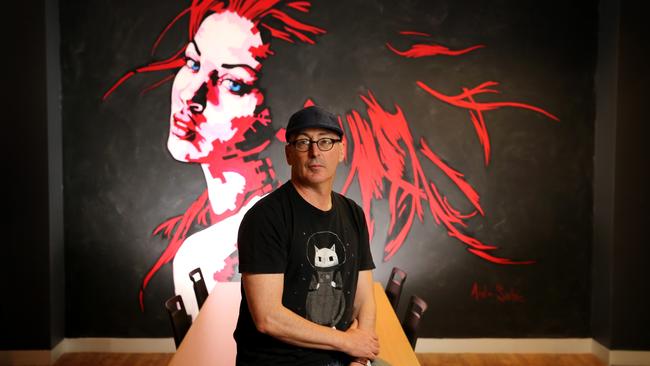
The rapid shift to online retail is not going to reverse even after the coronavirus pandemic has passed, according to Redbubble co-founder and chief executive Martin Hosking.
Indeed, the structural changes that were under way even before the lockdowns have accelerated in recent months as more consumers embrace online retail, Mr Hosking said.
“It is easy to think about the last five months as a passing phenomenon. Increasingly, this is not plausible. We all hope that the COVID-19 crisis will come to an end, but when it does, the landscape will be changed.
“Specifically, more consumers that have adopted online shopping will continue to shop in this way. The underlying trend has been accelerated — it has not changed. Bricks and mortar were already struggling. That is not going to reverse,” he told investors after handing down Redbubble’s full-year results, which included a 36 per cent jump in revenue.
Millions of new consumers exposed to online shopping through the crisis will continue to purchase goods that way, even as offline retailers get back up and running, he predicted.
“This is particularly true in the case of Redbubble and TeePublic as the experience and the products we provide do not exist in traditional retail.”
Founded in 2006, Redbubble listed on the Australian Securities Exchange in 2016 at $1.33 a share. Investors have flocked to the company in recent months following strong sales trends through the pandemic, pushing its share price above $3.60 and propelling it to within reach of a $1bn market capitalisation.
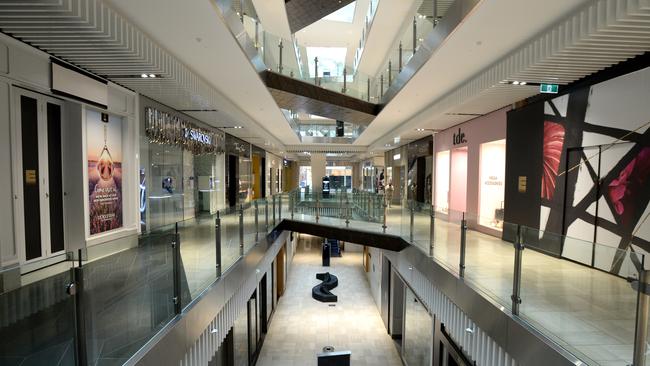
Mr Hosking stepped down from the CEO role in June 2018 after eight years in the top job, and was replaced by Barry Newstead, who was ousted from the position in February this year. Mr Hosking was immediately named interim CEO.
Redbubble, a global online print-on-demand marketplace, had “caught a wave” and was well positioned to ride out of it as the structural factors endured, Mr Hosking said as he championed the marketplace model and compared its potential trajectory to retail behemoths eBay and Etsy.
“I was in the US when eBay went from niche to fully accepted and we have all seen this with REA and Seek. Etsy has also moved through this point over the last few years. I believe this is now the case with Redbubble,” he said.
Describing the company’s revenue growth as “enviable” even before COVID-19 hit, Mr Hosking pointed to the 48 per cent year-on-year growth in the second half as evidence that underlying trends favouring online retail were accelerating.
Revenue surged 107 per cent in the final quarter and stepped up again in July, jumping 132 per cent year on year.
Gross profit rose 42 per cent to $134m for the year, while earnings before interest, tax, depreciation and amortisation rocketed 358 per cent to $5.1m.
The online retailer posted a statutory loss of $8.8m over the 12 months compared with a $27.6m loss the year prior.
The result was a “solid beat” on expectations, RBC analyst Tim Piper said. “We believe RedBubble remains an attractive name in the accelerating e-commerce space with a scalable and unique marketplace,” he said.
Mr Hosking said 2021 was a year of opportunity for the business. “We are positioned to build on a decade of momentum and aggressively pursue the global opportunity presented by the shift to online activity and increasing adoption of e-commerce platforms.”
His comments were echoed by Ruslan Kogan, the founder and CEO of Kogan.com.
“There is a retail revolution taking place as more and more shoppers learn about the benefits of e-commerce. We’re seeing record numbers of first-time customers, who then go on to make repeat purchases at a 40 per cent faster pace than previously,” Mr Kogan said.
“For us this is a very exciting trend that shows that once customers learn about shopping online, they change their ongoing behaviour.”
Like Redbubble, Kogan has seen a surge in sales in recent months as the pandemic pushed shoppers online.
JB Hi-Fi chief executive Richard Murray, meanwhile, pointed to the “powerful” combination of having both bricks and mortar and online operations.


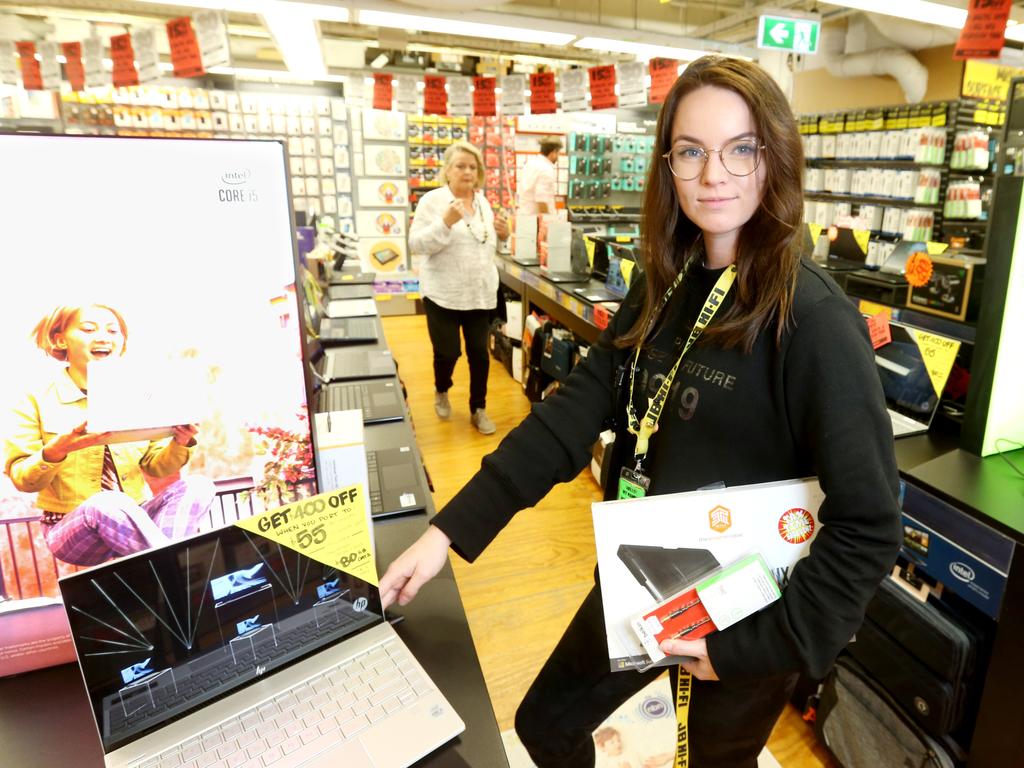

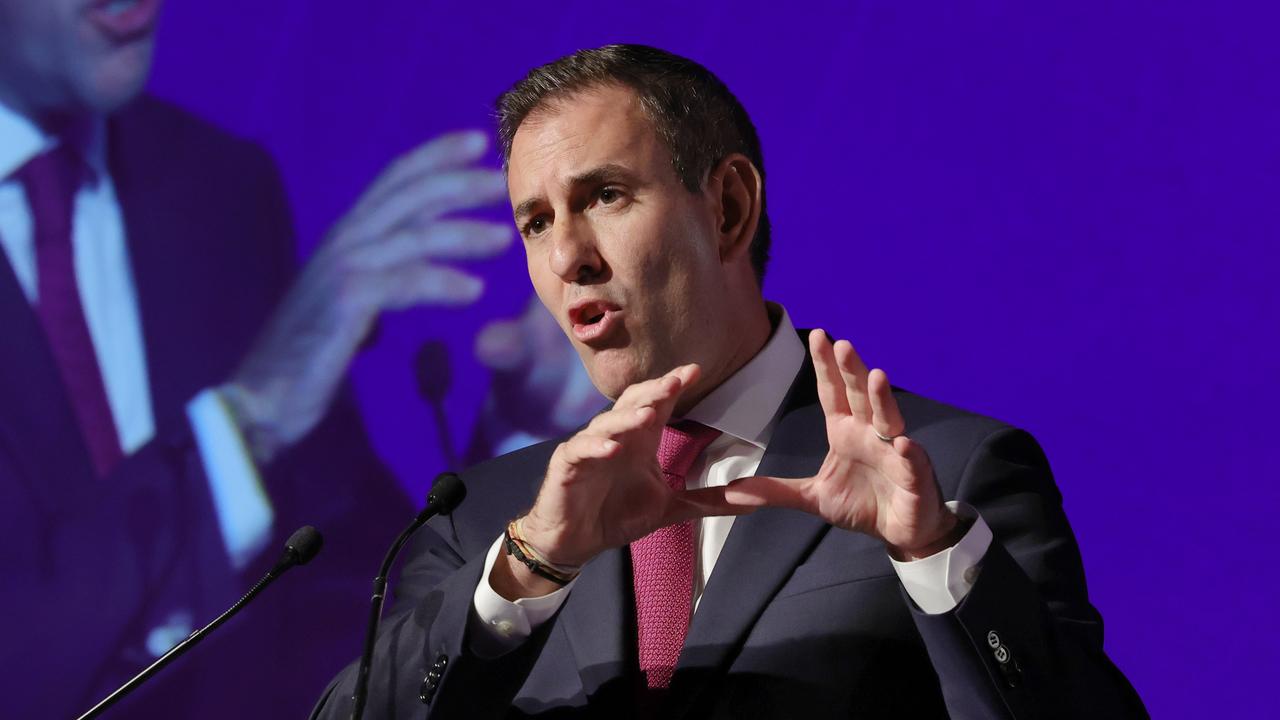
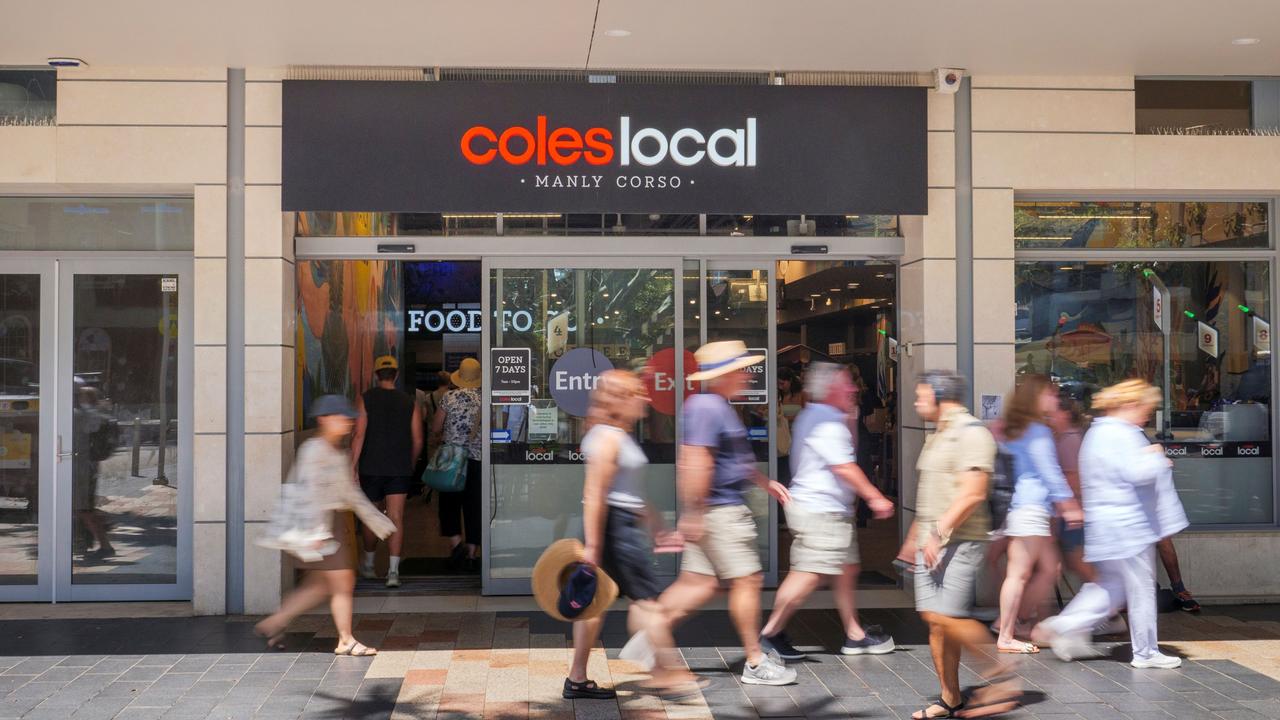
To join the conversation, please log in. Don't have an account? Register
Join the conversation, you are commenting as Logout